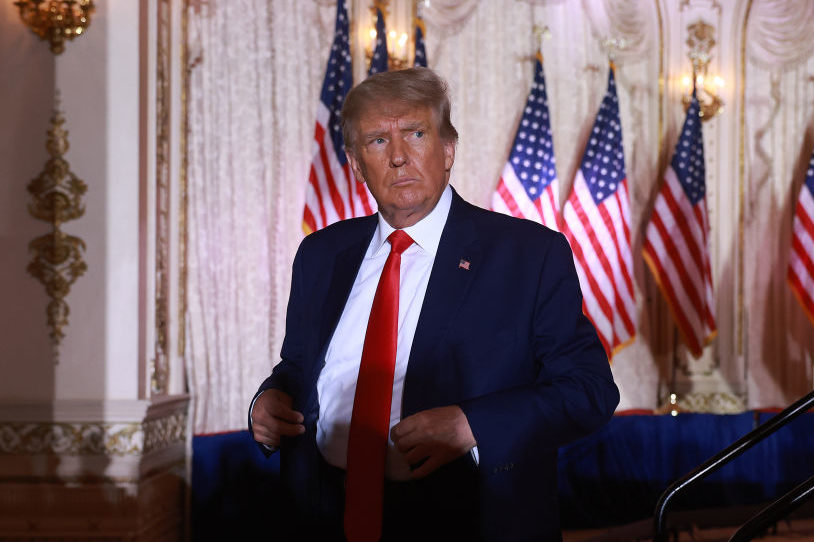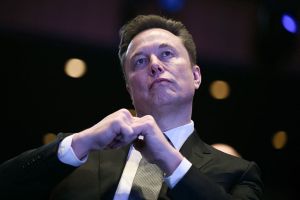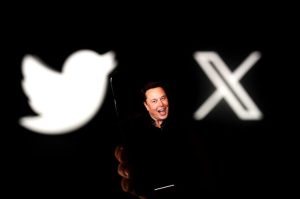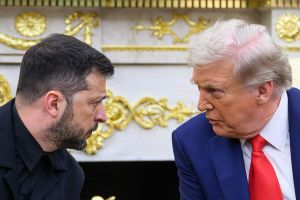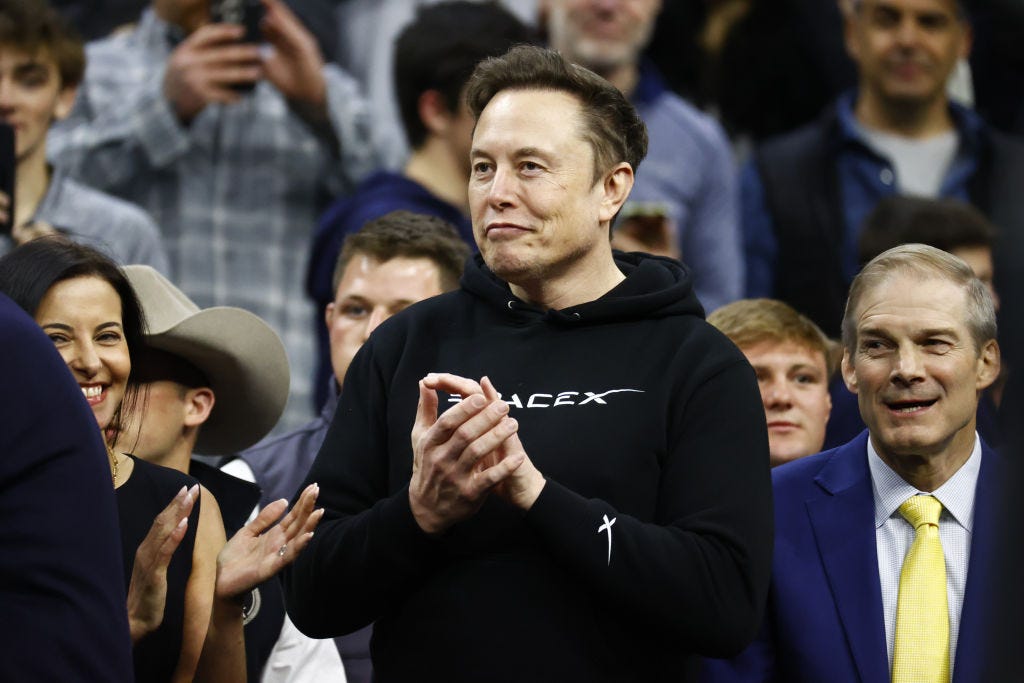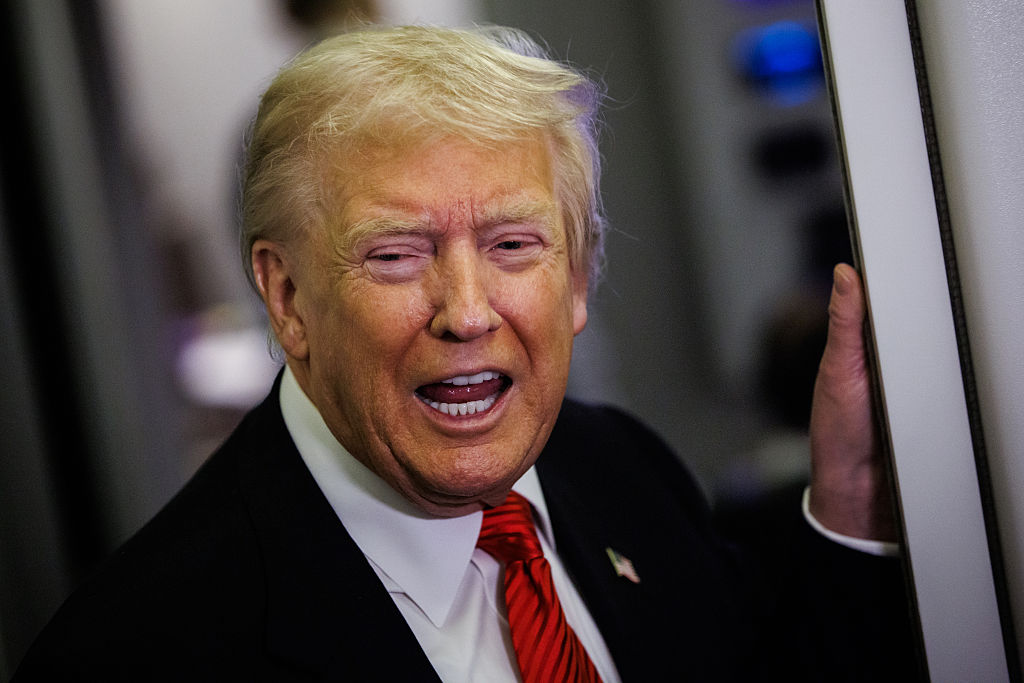This week’s Twitter Files revelations are the most disturbing yet. They show how the employees of this private company, not voted for by a single American, conspired to censor the democratically elected president of the United States. It was nothing short of corporate tyranny, a sinister assault on public life by social media suits most people had never heard of. It should be front page news.
The newest report is written by Bari Weiss, who examines the decision-making process behind Twitter’s banishment of Donald Trump in January last year, a couple of days after the January 6 riot on Capitol Hill. We all know Twitter’s official story: two tweets written by Trump incited those bozos to commit their violent acts — and thus he had to be silenced forever.
It turns out, as many of us suspected at the time, that this was pure bunkum. As Weiss discovers, numerous people at Twitter, including high-up officials, knew very well that the tweets Trump was ostensibly banned for did not amount to incitement to violence.
In one, he praised “the great American patriots who voted for me.” In the other, he said he would not be attending Joe Biden’s inauguration. Hilariously, Twitter said those tweets left it with no choice but to permanently suspend his account “due to the risk of further incitement of violence.”
In January last year, amid all the leftish crowing about the slaying of the then-president by the oligarchs of Silicon Valley, some of us questioned the bizarre claim that those typically Trumpish tweets were in any way violent. We were ridiculed by online mobs high on the fumes of Trump’s censorship. Yet we’ve been vindicated. Twitter itself knew the tweets were not incitement.
The Twitter employees who were tasked with evaluating Trump’s tweets swiftly concluded that they did not violate Twitter policies. “I think we’d have a hard time saying this is incitement,’”said one. “Don’t see the incitement angle here,” said another. A Twitter policy official gave her view: “I am also not seeing clear or coded incitement in the tweet. [Our] team has assessed and found no vios [violations].”
Twitter Safety — the Star Chamber of this social media outfit, which spent years decreeing which ideas are acceptable for Twitter users to express — said “there is no violation of our policies at this time,” adding: “It’s a clear no vio.”
But then they all lost the plot. Some Twitter staff agitated for the banning of Trump. One madly likened him to a “leader of a terrorist group responsible for violence/deaths comparable to the Christchurch shooter or Hitler.” Before long, Vijaya Gadde, Twitter’s head of legal, policy and trust, was asking if Trump’s tweets could in some way be seen as “coded incitement to further violence.” The internal meltdown continued and eventually Trump was banned, for tweets that Twitter knew, in its heart, did not violate its policies.
What happened next was even more chilling: Twitter minions noisily celebrated their despotic silencing of the elected leader of the free world. It “feels like a piece of history,” said one while another added that for too long, “Twitter’s stance was that we aren’t the arbiter of truth… which I respected but [it] never gave me a warm fuzzy feeling.”
The censorship of Trump did, though. And, honestly, what does the democratic right of millions of Americans to see and engage with the ideas of their president count for in comparison with the right of a handful of hip millennials to feel fuzzy at work? Democracy be damned — the upper middle classes of Silicon Valley need their moral thrill.
The censorship of Trump was a genuinely unsettling world event. To some of us, it was always an outrage that an unaccountable capitalist elite could prevent someone voted for by 74 million people from speaking in the digital town square. But it was even worse than we thought. We now know that Twitter officials, behind closed doors, and in contravention of every principle of democracy, twisted the truth and fabricated justifications to achieve their tyrannical goal of shutting down Trump. Such contempt for free speech and democracy is extraordinary.
All the Twitter Files have been depressingly eye-opening. They confirm what many of us suspected — that the site’s penchant for punishing those who violate its community rules was politically motivated, far more likely to be targeted at conservatives and right-wingers than at any crank on Twitter’s side of the culture war.
Charlie Kirk and others on the right were on a “blacklist” that limited their reach. Stanford professor Jay Bhattacharya was shadow-banned so that his heretical questioning of lockdown would not spread too widely. The New York Post’s explosive story about Hunter Biden’s laptop was ferociously censored, despite a Twitter communications official saying: “I’m struggling to understand the policy basis for marking this as unsafe.”
The policy basis was straightforward: Twitter essentially had a policy of censoring content that might harm or embarrass the Democratic elites. It was brazen political censorship disguised as “safety”; twenty-first-century McCarthyism dolled up as “community standards.” Twitter even did the bidding of the deep state: the Twitter Files reveal that staff were nudged by the FBI to limit the reach of certain conservatives.
Everything that the FBI, the Democrats and the social media overlords said about Russia — that it was meddling in America’s electoral politics — was actually truer of them. There was shady interference in American democracy, for sure. But it came, not from Moscow, but from the offices of Twitter, packed with people who preferred the fuzzy thrill of censoring politicians they hate to the American ideal of freedom of speech.
That so much of the left is either silent about the Twitter Files or is insanely claiming that the revelations aren’t that serious is equal parts chilling and hilarious. If unaccountable billionaires and FBI stooges conspiring to sideline elected politicians and dissenting ideas is not a big deal, I don’t know what is.
“It’s just a private company enforcing its rules!” Stop with this nonsense. We now know Twitter, pre-Musk, was at the intersection of corporate and state intolerance of “problematic” thinking. Anyone who supports such cavalier crushing of free expression should not be surprised if — and when — it comes for them, too.
This article was originally published on The Spectator’s UK website.



